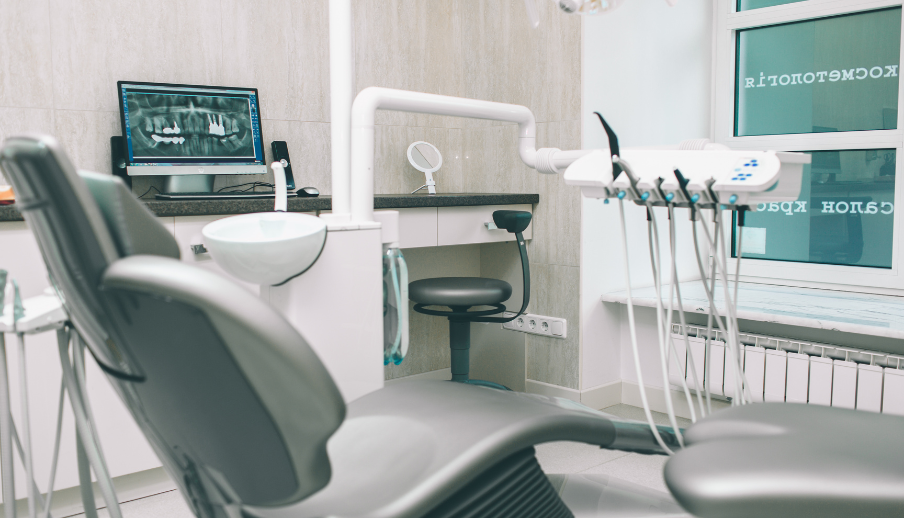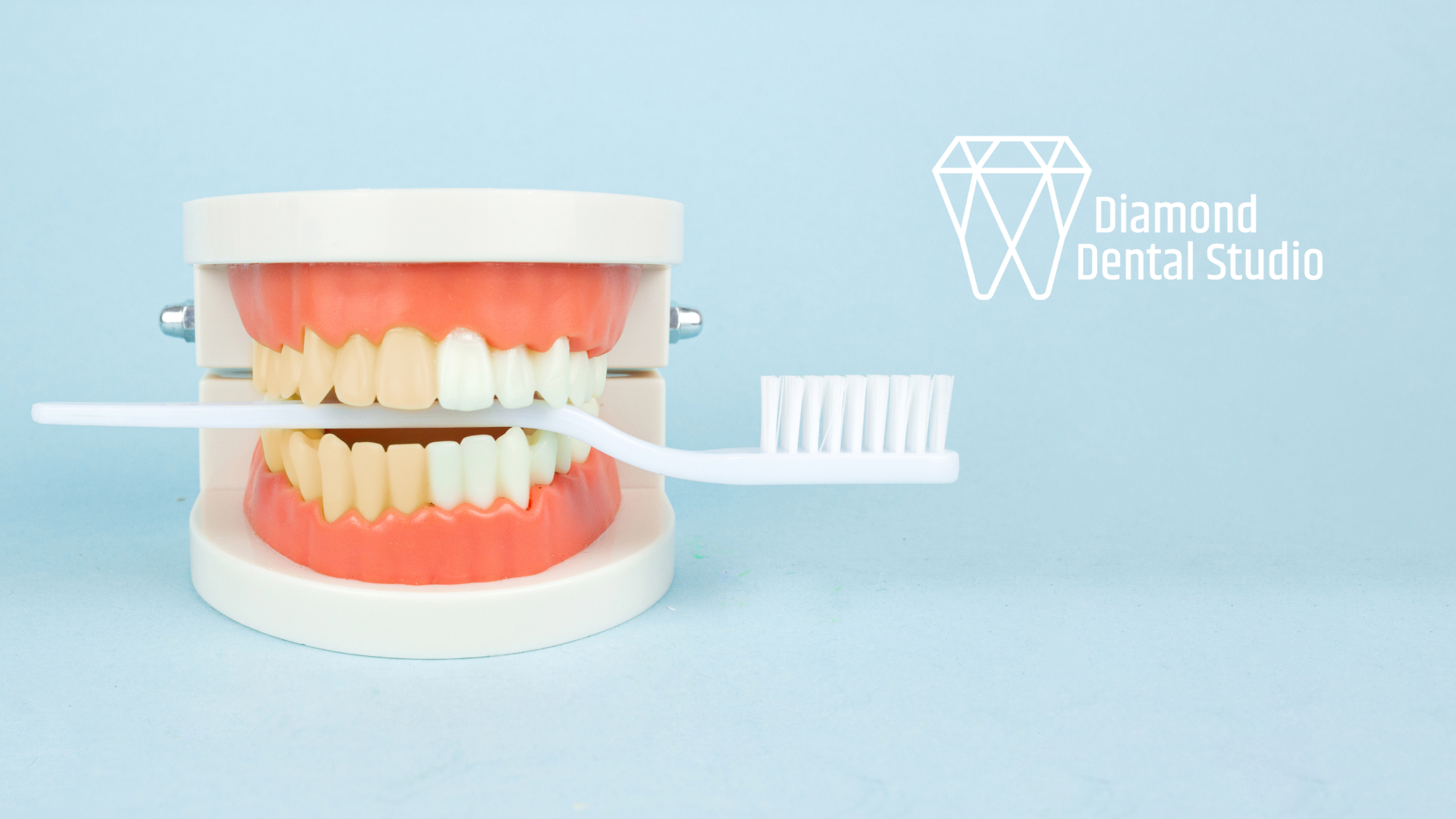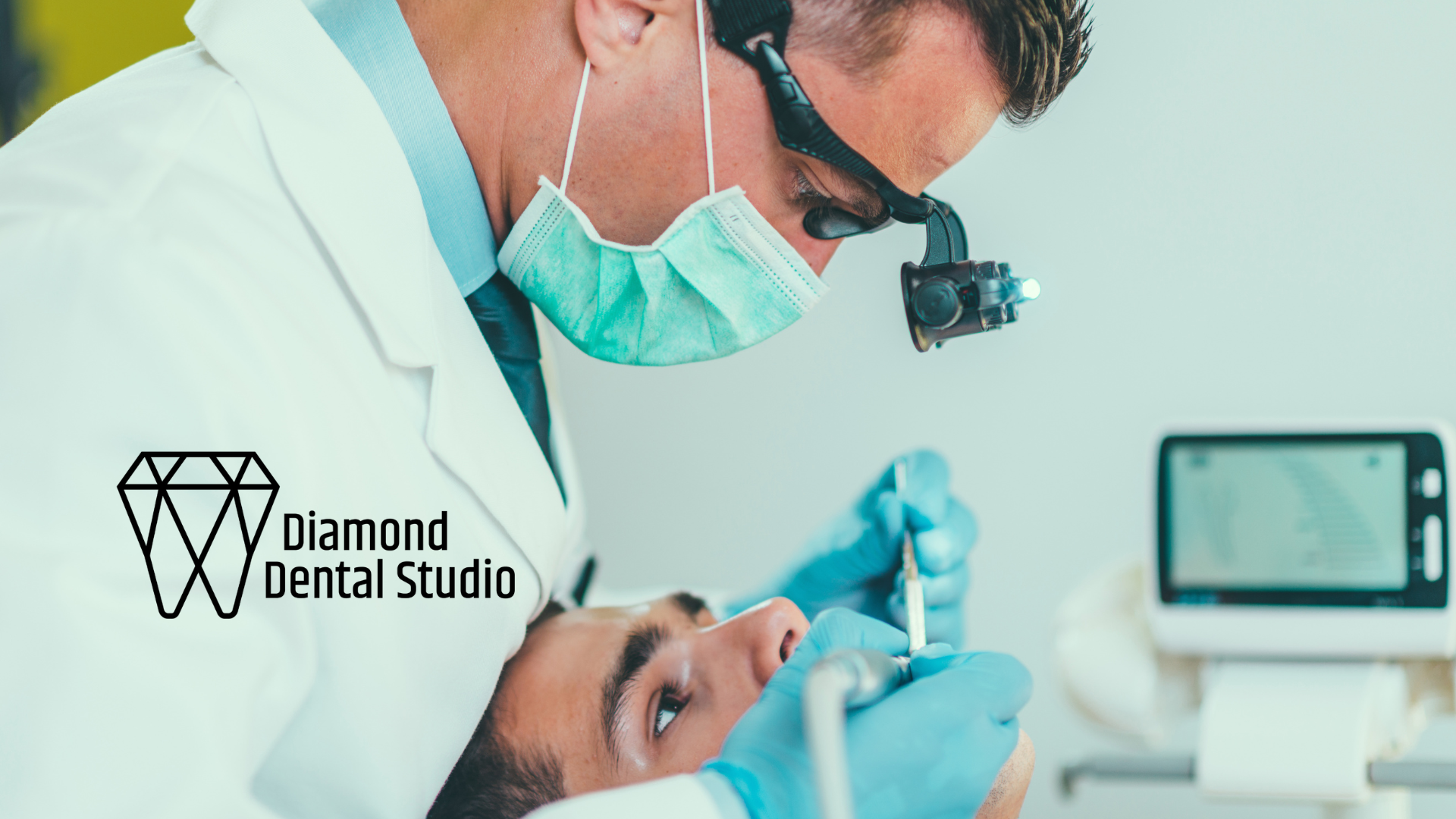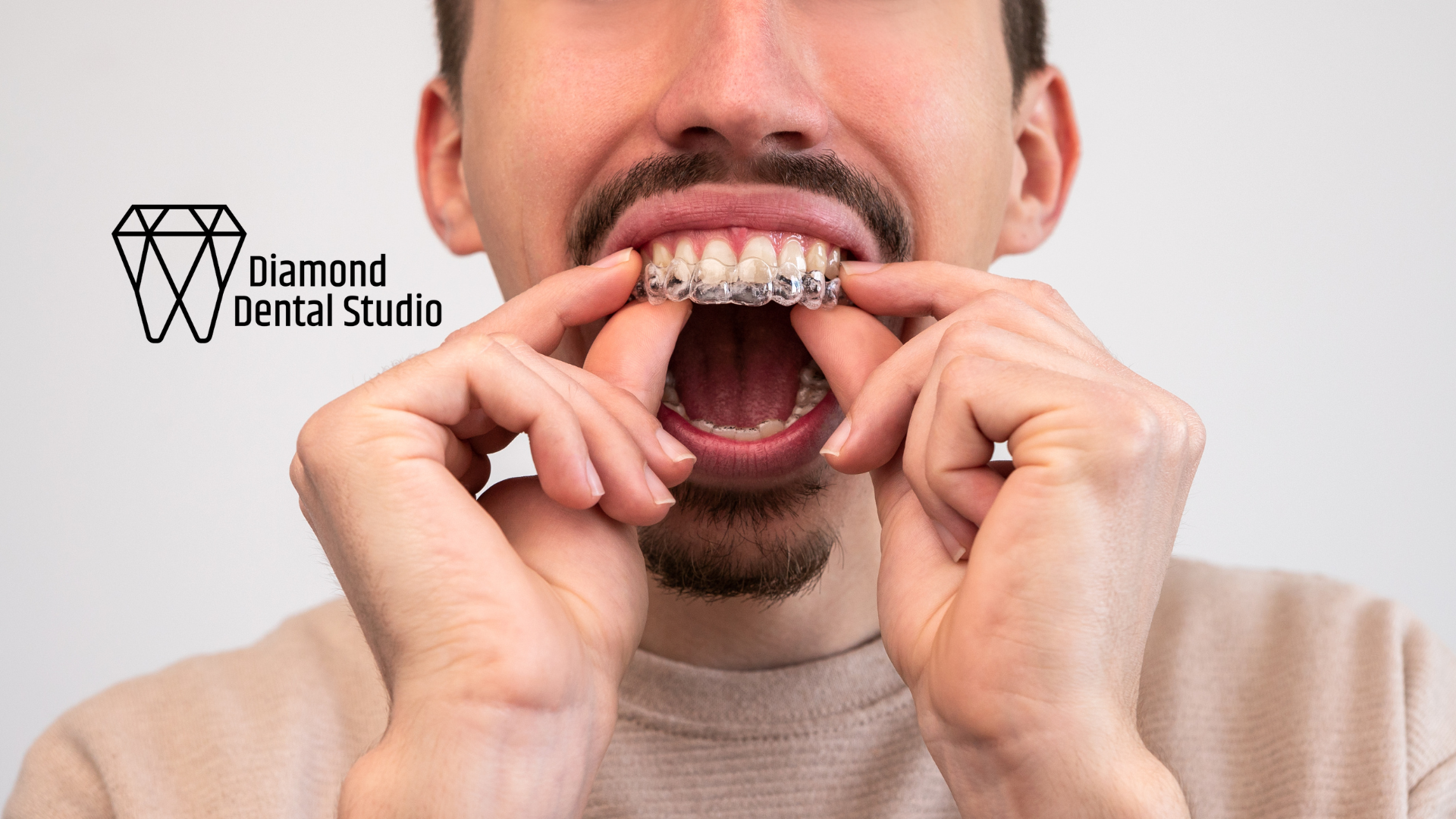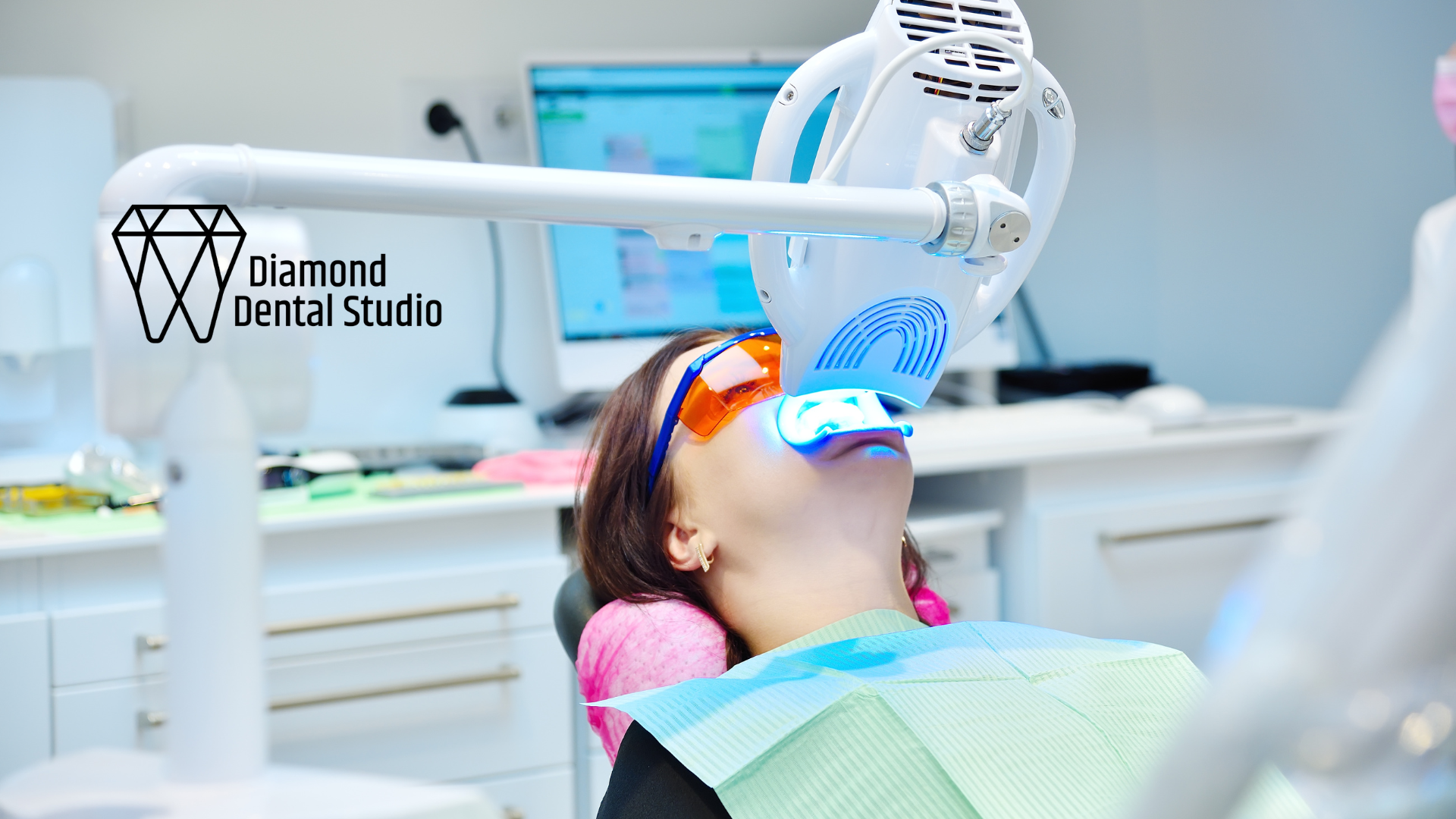Post-Operative Instructions For Day 3 after Immediate Denture
Managing Pain and Swelling
Medication and Pain Management
After your immediate denture procedure, managing pain effectively is crucial for a smooth recovery. For severe pain, follow the prescribed medication regimen as directed by your specialist. It's essential to avoid operating machinery or driving if you're taking medications that may impair your abilities. Additionally, steer clear of alcoholic beverages during this period.
Over-the-counter pain relievers like Tylenol, Advil, or Motrin can be used for mild to moderate pain. Here's a simple guide for their use:
- Tylenol: 1-2 tablets every 3-4 hours as needed.
- Ibuprofen (Advil or Motrin): 200 mg tablets, 2-3 tablets four times daily, not exceeding 3200 mg per day for adults.
Remember, pain should decrease progressively each day. Persistent pain may indicate a need for further attention, so don't hesitate to contact your dentist if this occurs.
If you experience discomfort, nonsteroidal anti-inflammatory drugs (NSAIDs) such as ibuprofen or naproxen can help reduce inflammation and provide relief. It's important to complete any prescribed antibiotic courses to minimize infection risks at the surgical site. For any concerns regarding medication allergies or specific instructions from your doctor, always consult with your dental office before taking any medication.
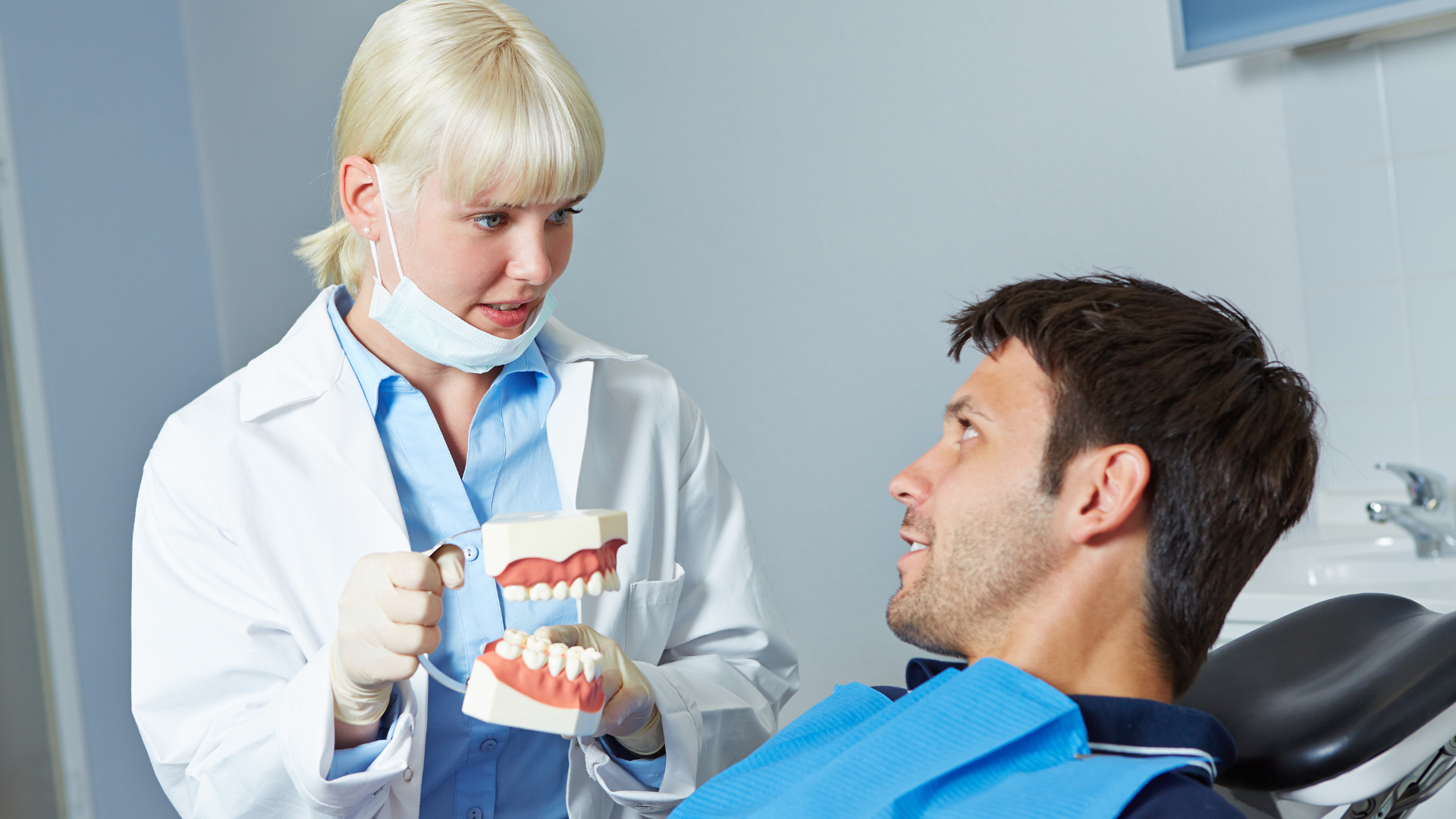
Swelling Reduction Techniques
To effectively manage post-operative swelling, it's crucial to start with ice therapy immediately after the procedure. Apply ice packs to the sides of the face where surgery was performed, keeping them in place while awake for the first 36 hours. Post this period, ice is no longer beneficial.
After the initial 36 hours, switch to moist heat to aid in reducing swelling. Apply warm compresses to the affected areas to help diminish the swelling size.
- Rest adequately and avoid strenuous activities to promote healing.
- Stick to a soft food diet to prevent irritation or disruption of the surgical site.
Remember, some swelling and stiffness are normal and should not be a cause for concern. These are typical responses to surgery and will subside with proper care and time.
When to Contact Your Dentist
After receiving dentures, it's crucial to know when to reach out to your dentist for any concerns or complications. Contact your dentist immediately if you experience severe pain, bleeding, or signs of infection. These symptoms could indicate the need for urgent care or adjustments to your dentures.
- Persistent pain or discomfort that is not relieved by prescribed medication
- Excessive swelling that does not subside after a few days
- Difficulty in biting or chewing that persists
- Signs of infection, such as fever, pus, or an unpleasant taste
- Any issues with the fit or stability of your dentures
Monitor your recovery closely and not hesitate to contact your dental professional if you encounter any of the above issues. Early intervention can prevent further complications and ensure the success of your immediate denture procedure.
Remember, regular follow-up appointments are part of your post-operative care. These visits allow your dentist to assess the healing process and make any necessary adjustments to your dentures. Keep a record of any symptoms or concerns to discuss during your check-ins.
Denture Care and Maintenance
Daily Cleaning Routine
Maintaining the cleanliness of your dentures is crucial for both oral health and the longevity of the dentures themselves. Clean your dentures daily using a denture brush and a non-abrasive cleaner, such as a denture cleaner or mild soap. Toothpaste should be avoided as it can be too harsh for the denture material.
It's important to remove your dentures at night to give your gums a rest and to prevent bacterial buildup. After removing them, ensure to clean your gums gently with a soft toothbrush.
Here is a simple routine to follow for daily denture care:
- Rinse dentures before brushing to remove any loose food or debris.
- Use a soft-bristled denture brush and non-abrasive denture cleaner.
- Brush all surfaces of the dentures gently to avoid damaging them.
- Soak dentures overnight in a denture-soaking solution to keep them moist and to help maintain their shape.
- Before reinserting dentures in the morning, rinse them thoroughly under running water.
Handle your dentures with care. Avoid bending or damaging the plastic or the clasps when cleaning. If your denture becomes damaged or feels loose, contact your dentist for advice and potential adjustments.
Handling and Storage
Proper handling and storage of your immediate denture are crucial to maintaining its shape, fit, and function. Always handle your denture with care to avoid accidental drops that could lead to cracks or breakage. When not in use, store your denture in a clean, dry container filled with water or a denture-soaking solution to prevent warping.
- Handling:
- Wash your hands before handling your denture.
- Hold the denture over a towel or a sink filled with water.
- Storage:
- Use a denture case with ventilation.
- Change the soaking solution daily to maintain cleanliness.
Remember to keep your denture out of reach of children and pets, and avoid exposing it to extreme temperatures, which can cause distortion. Regularly inspect your denture for any signs of wear or damage, and schedule visits with your dentist for professional cleanings and adjustments.
Scheduling Adjustments and Relines
After the initial placement of your immediate denture schedule follow-up appointments for adjustments and relines to ensure a comfortable fit and proper function. Diamond Dental Studio offers comprehensive care for your tooth replacement needs in San Diego, including these essential services.
- Within the first few weeks, you may require several adjustments to address any discomfort or changes in fit as your mouth heals.
- A soft-tissue reline is included after initial healing to accommodate the natural changes in your gums.
- Eventually, a hard reline may be necessary for long-term stability and comfort, which is an additional service.
Remember, maintaining a well-fitting denture is key to your oral health and comfort. Contact your dental provider if you experience persistent discomfort or if the fit of your denture changes.
Please be aware of our cancellation policy, which requires 24 hours notice to reschedule or cancel an appointment. This ensures that we can offer your time slot to another patient in need. Failure to provide sufficient notice may result in a fee. To schedule your adjustment or reline, reach out to our team at
Diamond Dental Studio.
Eating and Drinking Post-Procedure
Recommended Foods and Beverages
In the days following your immediate denture procedure, select foods and beverages that will not disrupt the healing process. Stick to soft, nutritious foods that are easy to chew and swallow. These include items like yogurt, applesauce, mashed potatoes, scrambled eggs, and oatmeal. Avoid foods that are hard, crunchy, or require significant chewing effort, as they can irritate the surgical sites and affect the denture's fit.
- Yogurt
- Applesauce
- Mashed potatoes
- Scrambled eggs
- Oatmeal
Hydration is equally important to aid in recovery and ensure overall health. Aim to drink plenty of water and avoid using straws, as the suction can interfere with clot formation and healing. Beverages should be neither too hot nor too cold to prevent sensitivity and discomfort.
Remember to eat regularly to maintain your strength and promote healing. Even if your appetite is diminished, try to consume small, frequent meals throughout the day to support your body's recovery needs.
Foods and Habits to Avoid
After receiving immediate dentures, avoid certain foods and habits that can jeopardize the healing process. Steer clear of hard, sticky, or chewy foods that can exert undue pressure on your gums and the denture. These include nuts, seeds, hard candies, and gum. Additionally, refrain from using straws when drinking, as the suction can disturb the blood clot and delay healing.
- Avoid hot or cold extremes in food and beverages to prevent sensitivity discomfort.
- Stay away from alcoholic beverages and tobacco products, as they can impair healing.
- Do not attempt to adjust or repair your dentures yourself; this can cause damage and affect the fit.
It's important to remember that your mouth is adjusting to the new dentures, and it's best to give it time to heal. Following these guidelines will help ensure a smoother recovery and prevent complications.
Tips for Eating with New Dentures
Adjusting to new dentures takes patience and practice, especially when it comes to eating. Start with soft foods that are easy to chew and swallow, such as applesauce, yogurt, and mashed potatoes. Gradually introduce more solid foods as you become comfortable with your dentures.
- Chew slowly and use both sides of your mouth to help stabilize the dentures.
- Cut food into small, manageable pieces to make chewing easier.
- Avoid sticky or hard foods that may dislodge the dentures.
Remember, it's normal for your mouth to feel different after getting dentures. Give yourself time to adapt to the new sensations and textures during meals.
As you adjust, keep a diary of foods that are comfortable to eat and those that pose challenges. This will help you and your dentist to make any necessary adjustments to your dentures for a better fit and more comfortable eating experience.
Oral Hygiene and Healing
Caring for the Extraction Site
Proper care of the extraction site is crucial for healing and to prevent infection. Keep the area clean by gently rinsing with warm salt water after meals and before bed. This helps to remove food particles and bacteria without disturbing the site.
- Avoid vigorous rinsing or spitting for the first 24 hours to prevent dislodging the blood clot.
- Do not use a straw, smoke, or engage in heavy exercise as these can also disrupt the clot.
It's important to maintain a clean environment in your mouth to facilitate healing. Be gentle around the extraction site to avoid irritation and help your mouth recover.
If you notice increased pain, swelling, or signs of infection, contact your dentist immediately. Follow their guidance on when to resume normal oral hygiene practices around the extraction site.
Salt Water Rinses and Oral Care
After the placement of immediate dentures, it's crucial to monitor the healing process closely. Regular inspection of the extraction sites is necessary to ensure proper healing and to identify any signs of infection or complications early.
- Inspect the extraction sites daily for signs of redness, excessive swelling, or discharge.
- Note any changes in pain levels, as increasing pain may indicate an issue.
- Be aware of any foul odors or tastes that could signal an infection.
It is important to maintain a balance between keeping the extraction sites clean and allowing them to heal undisturbed. Gentle care is paramount.
If you observe any concerning symptoms or if there is no noticeable improvement in the healing sites, do not hesitate to contact your dentist. Timely intervention can prevent minor issues from becoming serious complications.
Monitoring Healing Progress
Monitoring the healing process after receiving immediate dentures is crucial for a successful recovery. Regular check-ins with your dentist are vital to ensure that the dentures are fitting properly and that the extraction sites are healing as expected. During these visits, your dentist will assess the need for any adjustments to the dentures to prevent sore spots and improve comfort.
- Osseointegration (3-6 Months): The implant fuses with the jawbone, a critical phase for stability.
- Final Restoration: After full healing, the final crown is attached, completing the restoration.
It is essential to maintain a thorough oral hygiene routine, including brushing and flossing around the implants. This helps prevent complications and promotes optimal healing.
Be mindful of any changes or discomfort and report them to your dentist. They can provide guidance on whether these symptoms are a normal part of the healing process or if they require further attention.
Follow-Up Care and Check-Ins
Suture Removal and Healing Assessment
After the immediate denture procedure, the sutures placed to aid in healing will typically be removed approximately one week post-surgery. This process is usually painless and does not require anesthesia. It's a quick procedure, often causing no discomfort, and is crucial for proper healing.
During this visit, your dentist will assess the healing of your gums and the integration of the denture. It's important to follow all post-operative instructions to ensure a smooth recovery and avoid complications.
If you have non-absorbable sutures, you must schedule a follow-up appointment for their removal. Keep in mind the following points:
- Keep fingers and tongue away from the surgical area.
- Maintain a diet of softer foods for 2-3 days post-surgery.
- Contact your dentist if you experience any unusual symptoms or have concerns.
How to Prepare for Your Follow-Up Visits
Preparing for your follow-up visits is crucial to ensure the continued health of your gums and the proper fit of your immediate dentures. Bring any notes or questions you have regarding your recovery or denture experience since the procedure. It's helpful to keep a journal of any discomfort, changes in fit, or other concerns to discuss with your dentist.
- Review any instructions provided by your dentist post-operation.
- Note any changes in your mouth, such as sore spots or areas where the denture feels loose.
- List any difficulties you've encountered with eating, speaking, or maintaining your dentures.
During your visit, your dentist will assess the healing of your gums and the fit of your dentures. They may make adjustments to improve comfort and function. This is also an opportunity to address any oral hygiene questions and ensure you are maintaining good practices at home.
Remember to schedule your follow-up visits in advance and keep these appointments, as they are an integral part of the healing and adjustment process for your new dentures.
Communicating Issues or Concerns
Effective communication with your dental team is crucial for a smooth recovery and to address any issues that may arise. Always report any unusual symptoms or persistent discomfort to your dentist as soon as possible. This ensures that any potential complications can be identified and managed early on.
- If you experience increased swelling, severe pain, or bleeding, it is important to contact your dentist immediately.
- For minor concerns, such as adjustments to the fit of your dentures, schedule a visit at your earliest convenience.
- Keep a log of any symptoms or issues you encounter, including the time and severity, to provide your dentist with detailed information.
Remember, your dental care providers are there to support you throughout your healing process. Do not hesitate to reach out with questions or for reassurance regarding your post-operative progress.
Frequently Asked Questions
How should I manage pain and swelling on day 3 after getting immediate dentures?
Continue taking the prescribed pain medication as directed. Apply cold compresses to the cheek area to help reduce swelling. If pain or swelling worsens, contact your dentist.
What is the proper way to clean my immediate dentures?
Clean your dentures daily using a denture brush and mild soap or denture cleaner. Avoid using abrasive materials like toothpaste. Soak them overnight if recommended.
Can I eat normally with my new immediate dentures?
Stick to softer foods for the first few days post-surgery. Avoid hard, sticky, or chewy foods that can cause discomfort or damage the dentures.
What should I do to ensure proper healing of the extraction site?
Keep the extraction site clean with salt water rinses, especially after meals. Use a soft toothbrush for your gums, and avoid disturbing the area with your tongue or fingers.
When should I remove my immediate dentures after the procedure?
Leave your dentures in for the first 24 hours. After that, remove them for cleaning, then wear them for another 24 hours. Following the initial 48 hours, remove them only overnight.
What should I expect during my follow-up care visits?
During follow-up visits, your dentist will assess healing, remove any non-absorbable sutures if necessary, and make adjustments to the dentures. Communicate any issues or concerns you have.

Contact Details
Diamond Dental Studio
CALL US
Business Hours
Monday
9:00 AM - 6:00 PM
Tuesday
9:00 AM - 6:00 PM
Wednesday
CLOSED
Thursday
7:00 AM - 2:30 PM
Friday
7:00 AM - 2:30 PM
Saturday
CLOSED
Sunday
CLOSED
© Copyright 2024 | All Rights Reserved | Diamond Dental Studio


